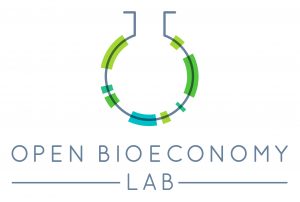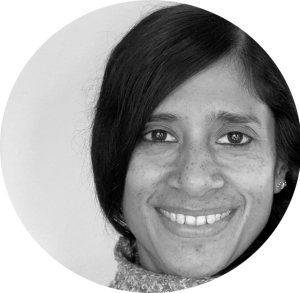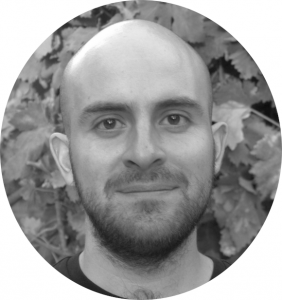What is the
Open Bioeconomy Lab?
Open Bioeconomy Lab is an interdisciplinary research group based in the Department of Chemical Engineering and Biotechnology at the University of Cambridge, led by Dr Jenny Molloy who also leads the Biomanufacturing Group at ICGEB in Trieste, with whom we collaborate closely.
Who is the
Open Bioeconomy Lab?
Current Team Members
Our Collaborators
Our Past Members
What is an
Open Bioeconomy?
Biology as a technology is key to the sustainable future of people and the planet. However, proprietary models of ownership, market consolidation and lack of access to knowledge and research tools such as equipment and reagents are just three of many factors restricting who has the ability to perform biological research and agency to shape the direction of biotechnology at a time when governments across the world are producing strategies to build knowledge-based bioeconomies.
We focus on developing open source tools for biotechnology. The pace of openly licensed and off-patent biological reagents entering the public domain is growing rapidly. However, open licenses and contracts are insufficient when practical routes for global access to and use of materials are not in place. Currently, access to reagents is a major impediment to scientists in the Global South, Africa and in low resourced settings like DIYBio labs.
Our research demonstrates that the market structure for biological enzymes is holding back innovation and limiting who can perform biological research: in low-resourced contexts students rarely get hands on experience before postgraduate level and many researchers are restricted to using the most basic techniques even when their knowledge and training would allow them to advance.
The inequality is one of resources but also of time: where research does go ahead it can be held back by weeks if not months by procurement, delivery and importation delays adding to the challenges of collaboration and knowledge creation in the rapid-paced global scientific community.
NEWSLETTER
Sign up for emails to get the scoop on news, updates and more.




















